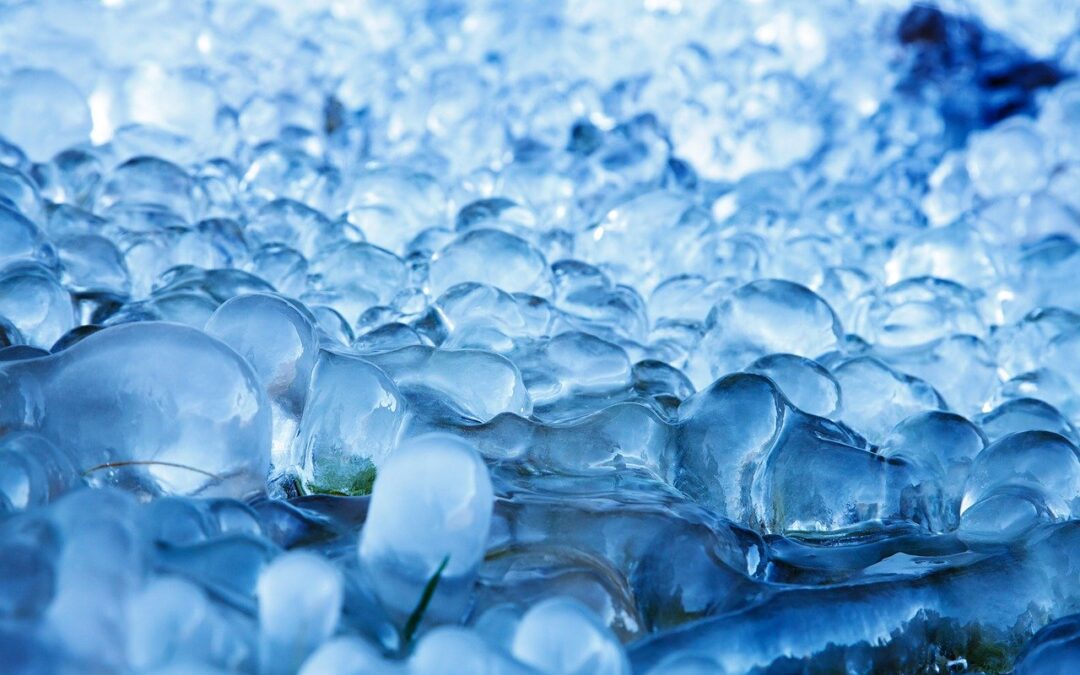Temperatures below freezing put pipes at risk for bursting. A unique property of water is that it expands as it freezes. Unfortunately, this expansion can put enormous pressure on your metal or plastic pipes. This pressure often results in pipes breaking and causing major water damage.
Pipes most at risk for freezing are generally those that are exposed to severe cold, like outdoor hose bibs, swimming pool supply lines, and water sprinkler lines. Additionally, water pipes in unfinished or unheated areas like basements, crawl spaces, attics, garages, or even kitchen cabinets, especially any pipe that runs against an exterior wall with little or no insulation.
You can take measures to avoid burst pipes by draining water from swimming pools and water sprinkler supply lines. NEVER put antifreeze in any of these lines as antifreeze is environmentally harmful, and is dangerous to humans, pets, wildlife, and landscaping. You should also remove, drain, and store hoses used outdoors and close inside valves supplying outdoor hose bibs. By opening outside hose bibs you allow water to drain and then keep the outside valve open so that any water remaining in the pipe can expand without causing the pipe to break.
The addition of insulation to attics, basements and crawl spaces will insure that higher temperatures are maintained in these areas. You can also install specific products made to insulate water pipes like a “pipe sleeve” or installing UL-listed “heat tape,” “heat cable,” or similar materials on exposed water pipes. If the weather will be extremely cold, let the cold water drip from the faucet served by exposed pipes. Running water through the pipe, even just a trickle, will help to prevent pipes from freezing. If you are going away during the winter months it is best to leave the heat on in your home set to a temperature no lower than 55° F.
These tips should help to avoid any issues with burst pipes but if the worst does happen, we are here to help. Acting quickly if you do encounter a problem will mitigate the extent of the damage.
Stay warm!
Keith Bock, Owner and President
Peake Restoration
410-703-3061
